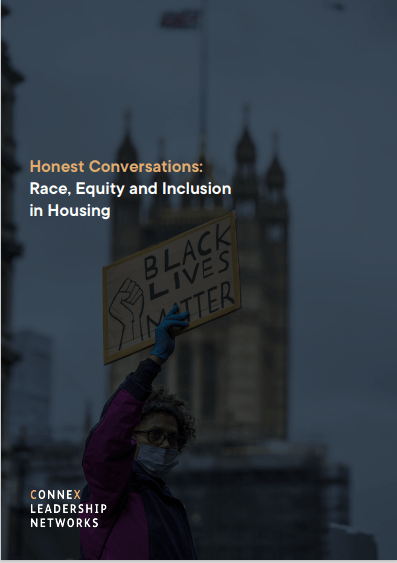Aggressive adjective
Definition
Ready or likely to attack or confront; characterised by or resulting from aggression (Oxford Dictionary)
Behaving in an angry and violent way towards another person (Cambridge Dictionary)
Inclined to behave in an actively hostile fashion (thefreedictionary.com)
I recently conducted a completely unscientific survey amongst my contacts in and out of the sector. Those I reached out to were women of colour, albeit in different roles and seniority, but the commonality between us all was race – black women.
So, you may wonder what I asked in this utterly unscientific survey. Had there ever been a time in your work career when you were called aggressive, and you know what – everyone replied yes. However, it did not stop there; almost all of them stated that it was a white colleague/manager who had called them aggressive.
When I asked my friends to unpack what they meant by aggressive – the replies were interesting. And by interesting, I mean frustrating and angering. The word ‘aggressive’ had been used when they had:
- Spoken up in meetings
- Gave their opinion
- Asked questions
- Disagreed with someone
- Were assertive
- Were passionate about something
- Doing their job
In other words, ‘aggressive’ was used to describe women of colour doing their jobs—and doing them well. Women of colour who were being confident and competent. The thing is – the word ‘aggressive’ is not neutral. It’s loaded with all sorts of meanings and connotations. And when it’s used to describe a woman of colour – it takes on an even more negative meaning. It becomes a way of putting her down, making her feel less than, and silencing her.
The term “aggressive” also triggers many women of colour. This is because we are often seen as angry or aggressive when we speak up about racism or when we assert our rights. This is because we are challenging the status quo, and those in power often don’t like it when people do that.
There are a few reasons.
The first reason is that we live in a society that is still very much patriarchal. And this patriarchy is evident in the workplace. Women, in general, are not seen as equal to men and are often not given the same opportunities or respect. This is even more true for women of colour. We are seen as ‘other’, and our voices are often not heard or valued. So, when a woman of colour speaks up, she is seen as aggressive because she is not adhering to the status quo. She is rocking the boat, and this makes people uncomfortable.
The second reason is that there is a stereotype of women of colour as being ‘angry’. This is a stereotype that the media have perpetuated for years. And it’s still very much alive today. When people think of an ‘angry black woman, they think of someone always yelling, screaming and causing drama. This is not who we are. But this is the image that many people have of us. And so, when a woman of colour speaks up assertively, she is seen as aggressive because she is playing into this stereotype.
The third reason is that there is a double standard regarding how men and women are expected to behave. Men are often seen as assertive and confident, while women are bossy and aggressive. This is not fair or accurate. But it is a reality that many women of colour face in the workplace. We are held to a higher standard than our male counterparts and are often not given the same leeway to be assertive or confident. We have to walk a fine line to be seen as competent and not ‘too’ aggressive.
So the next time you’re tempted to use the word “aggressive” to describe a woman of colour – think twice. It’s probably not going to be received the way you intended. Words are powerful things, and the way we use them can have a lasting impact.





